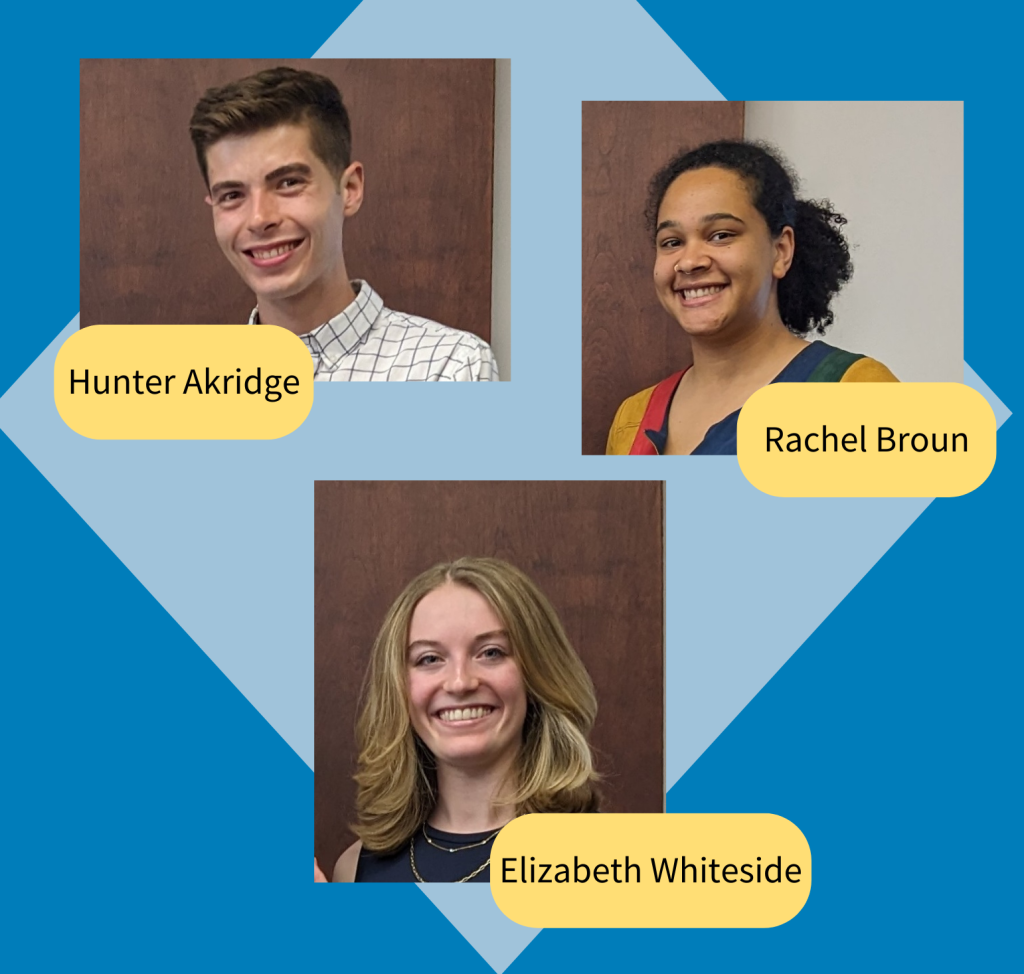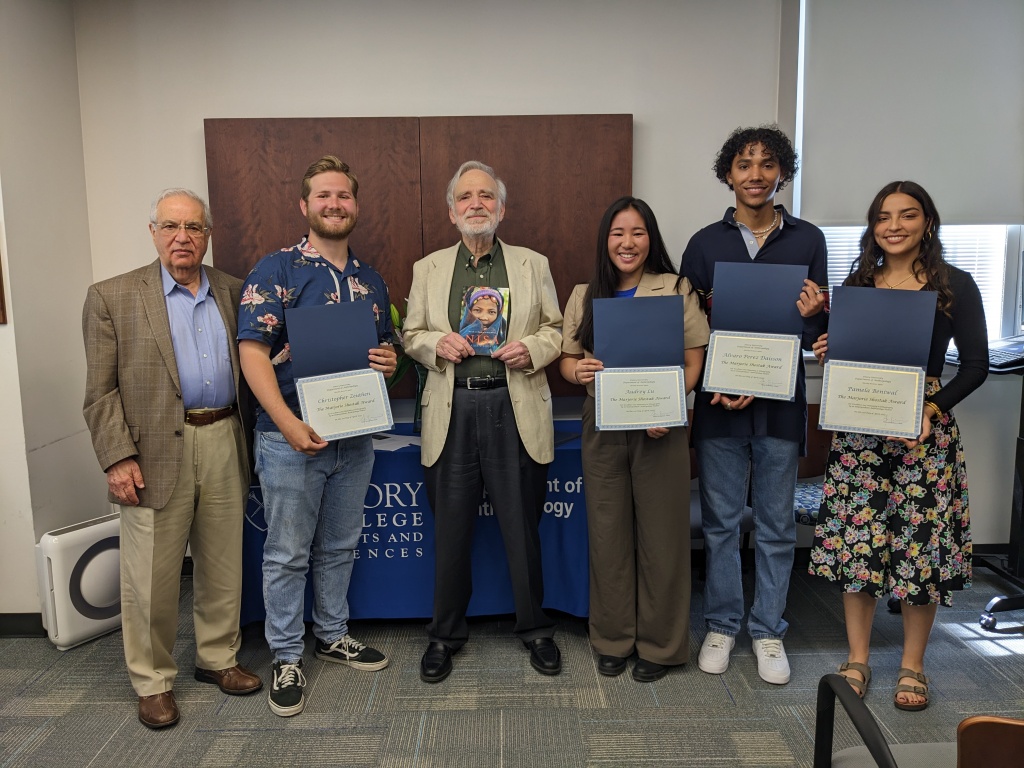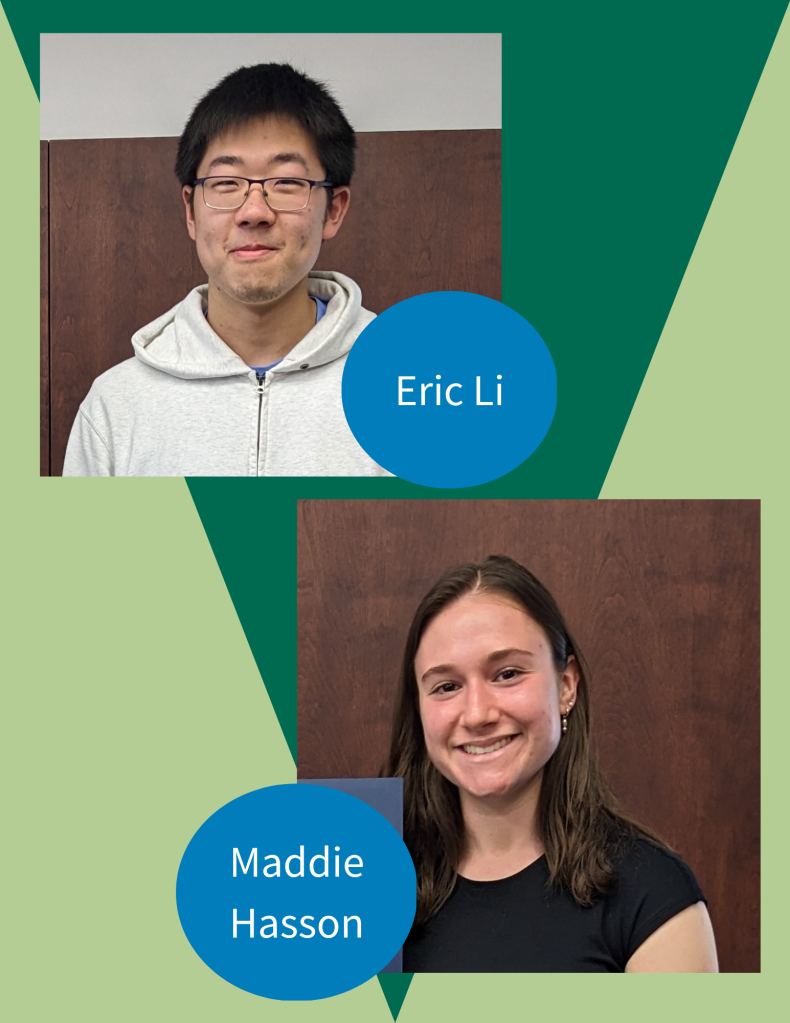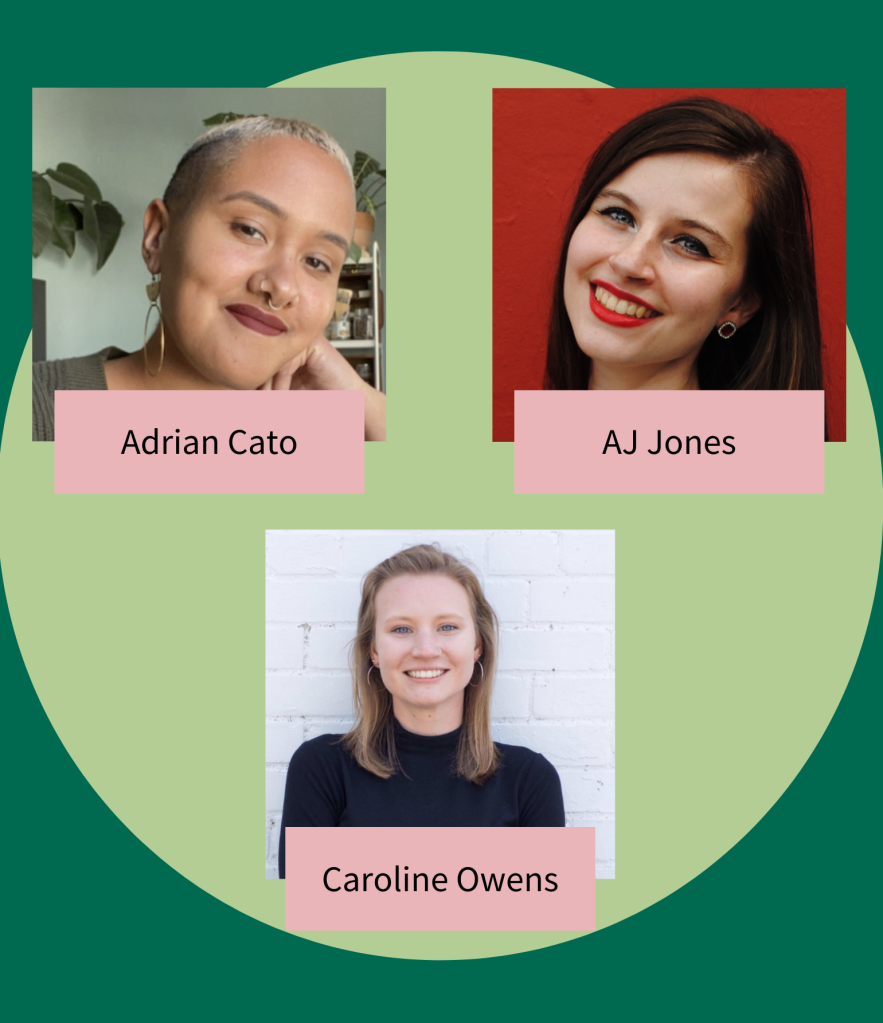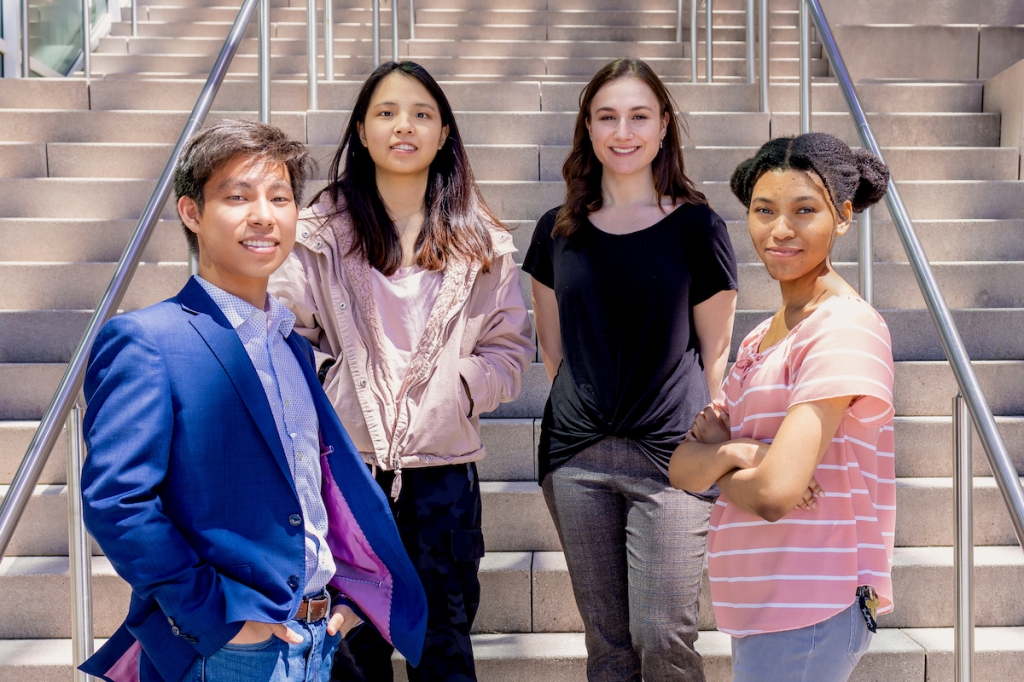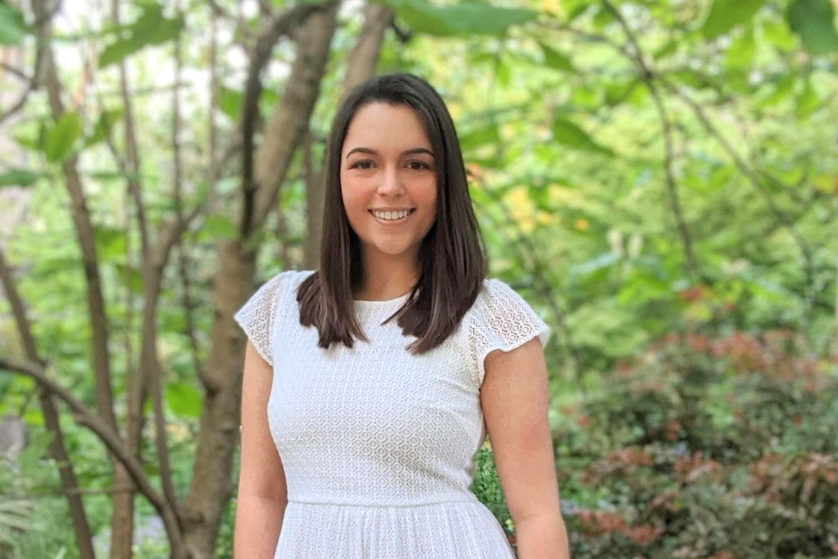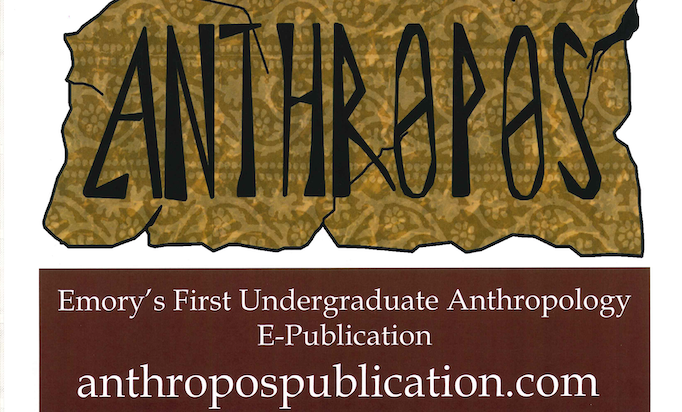Read more about this year’s honors students and their projects on our 2024 Honors Students page.

(left to right: Dr. Robert Paul, Sarah Vickery-Hartanto*, Kevin Gunawardana*, Elizabeth Whiteside, Isabel Staton, Ezra Packard, Emily Silver, Sona Davis, Eric Li) *Sarah and Kevin are on track to graduate with honors in December 2024.
Sona Davis
Thesis Title: Investigating the role of the BAF Complex in Human Disease and Evolution
Advisor: David Gorkin, John Lindo
Maddie Hasson
Thesis Title: Guiding Cell Perception of its Microenvironment for Enhanced Microfracture Repair
Advisor: Jay Patel, Craig Hadley
Raya Islam
Thesis Title: Mapping Bengali New York
Advisor: Yami Rodriguez
Emily Jang
Thesis Title: Exploring Beliefs & Identity: The Internal & External World of Asian Americans
Advisor: Chikako Ozawa-de Silva, Brendan Ozawa-de Silva
Qucheng (Eric) Li
Thesis Title: Sinicizing Muslims: Haunting, Punitiveness, and Sacrifice in Neoliberalizing China
Advisor: Michael Peletz
Ezra Packard
Thesis Title: The Stories Behind Atlanta Food Growing: Oral History and Exhibition as Research Method
Advisor: Kristin Phillips, Jonathan Coulis
Emily Silver
Thesis Title: Community Organizing in Atlanta: Perspectives from the AIDS Crisis and COVID-19 Pandemic
Advisor: Rachel Hall-Clifford
Andrea Snoddy
Thesis Title: Myths and Medicine: Analyzing Medical Racism in the Atlanta Metropolitan Area
Advisor: John Lindo
Isabel Staton
Thesis Title: Farmers in the Storm: Exploring Alternative Risk Management Strategies Amid Winter Storm Elliott
Advisor: Hilary King
Phoebe Taiwo
Thesis Title: Examining the Relationship Between Physical and Mental Comorbidities and Human Immunodeficiency Virus (HIV) Serostatus in Black Women
Advisor: Anna Rubstova
Elizabeth Whiteside
Thesis Title: Uncovering Menopause in Tufted Capuchin Monkeys (Sapajus apella): Analyzing the Relationship between Estradiol, Aging, and Behavioral Estrus in a Captive Population
Advisor: Marcela Benitez



